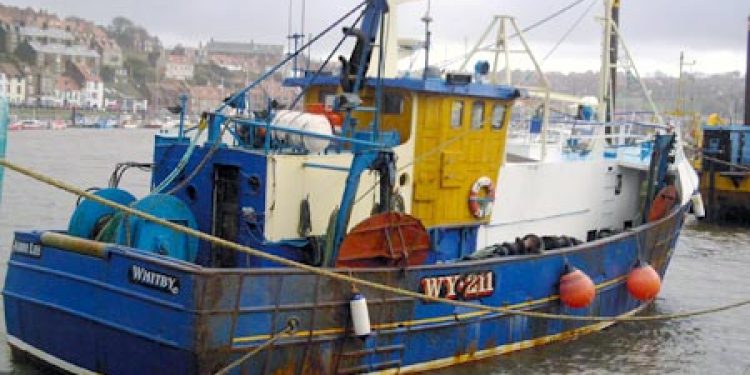Twelve words have rocked the foundations of the EU Cod Management Plan and have undermined the whole basis of the EU’s strategy for rebuilding the cod stocks in the North Sea, Irish Sea and West of Scotland. Those words, expressed by the scientists charged with reviewing the EU Cod Management
Plan are:
Fishing morality should not be expected to follow trends in fishing effort.
Those rather dry, measured, scientific words carry huge significance because they challenge the attempt to rebuild the cod stocks through effort limitations (aka days -at-sea constraints) – one of the two main pillars of the current Cod Management Plan.
Although the NFFO, the fishing industry more generally, and the regional advisory councils, have repeatedly challenged the notion that reducing time at sea is an effective way of reducing fishing mortality, the significance of the statement lies in who is saying it and the context in which it is being said.
A joint ICES /STECF Working Group, which contains fisheries scientists from all of the member states affected by the cod plan, and some which are not, was charged under comprehensive terms of reference, with reviewing the Cod Management Plan agreed by the Council of Ministers in November 2008. A scoping meeting was held in Copenhagen in March of this year, followed in June, by a drafting meeting in Hamburg. In the interim, a battery of scientists, working to those terms of reference, have sifted evidence, analysed trends, listened to stakeholders and drawn their conclusions. Their report was quality-controlled in July by a plenary meeting of the EU’s Scientific, Technical and Economic Committee for Fisheries which endorsed its methods and findings. It now goes to the Commission, member states and the European Parliament for consideration. Largely on the basis of this report a decision will be made on whether a revised cod plan is required.









